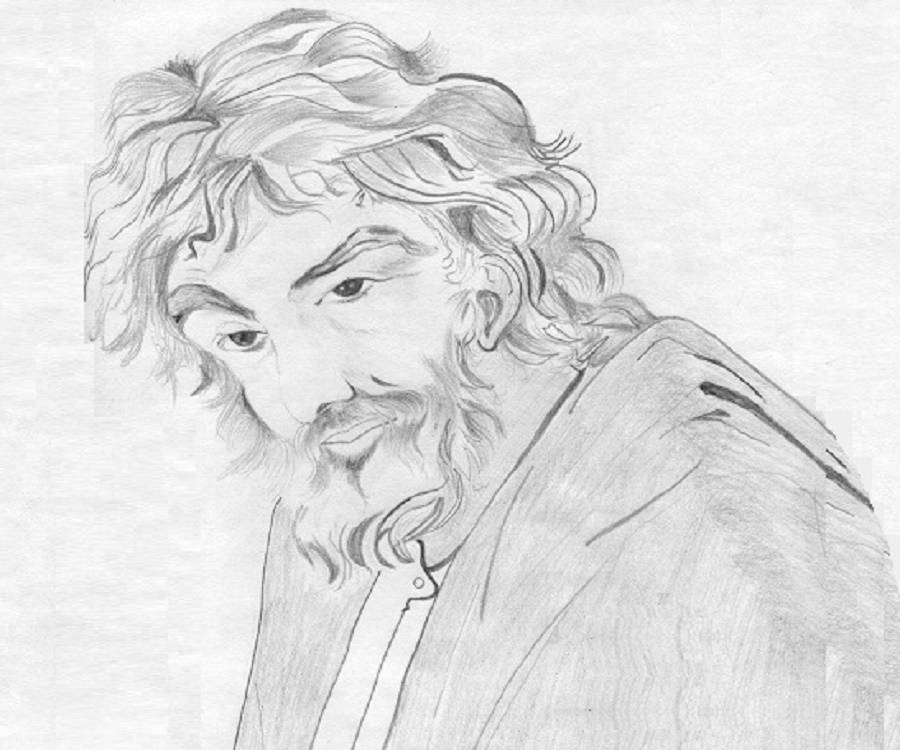

He will be remembered as a reformer of the masses, an exemplary spiritual guide (shaykh), a prolific author, a spiritual jurist, an intellectual sage, and a fortifier of Islamic tradition who, at a time when Muslims were physically and intellectually attacked by Western colonial powers, supplied them with literary and academic firepower in the form of his speeches, writings, legal verdicts (fatawa), and spiritual training (tarbiya) to battle all irreligious influences of the Modern Age. His acute intelligence, revolutionary method of training and teaching, love of Allah and His Messenger (Allah bless him and give him peace), organized management of time, broadmindedness, tolerance, and unique and fresh, yet conservative, understanding of religious disciplines has etched him a permanent place in Islamic history. His religious approach encompasses all aspects of the subject under discussion, and his viewpoints on different issues reflect a genuine, thorough examination of traditional Islamic thought. The Indian jurist Qadi Mujahid al-Islam Qasimi said, “It is hard to think of an area of Islamic sciences left unattended by his writings” (Zayd 11). An astounding, comprehensive knowledge of all branches of Islamic learning was evident in his personality, explicated in his lectures, and recorded in his writings. Mawlana Thanawi was an exemplar of the Qur’anic verse “And thus have We made you a nation justly balanced, that you might be witnesses over mankind” (Qur’an 2:143). The distinguishing mark and guiding principle that led to the vast success of his message was a remarkable sense of balance and straightforwardness in his speeches and writings. “He led a very active life, teaching, preaching, writing, lecturing, and making occasional journeys” (Naeem 94). Mawlana Thanawi was the “most eminent religious figure of his time, a prolific author, and believed to be the greatest Sufi of modern India.” Mawlana Ashraf ‘Ali Thanawi, referred to by many South Asian Muslims as Hakim al-Umma (“Spiritual Physician of the Muslim Umma”) and Mujaddid al-Milla (“Reformer of the Nation”), is a towering figure of Islamic revival and reawakening of South Asia in the twentieth century. When his wife died, Maulana Rumi married again and had a son, Amir Alim Chalabi, and a daughter, Malakeh Khatun.Hakim al-Umma Mawlana Ashraf ‘Ali Thanawi In 1225, Maulana Rumi Gowhar Khatun in Karaman married and had two sons: Sultan Walad and Ala-Uddin Chalabi. After the death of Hazrat Salahuddin's, Maulana Rumi and writer's favorite student, Hussam Hazrat Chalabi, the role of supervisor Maulana Rumi.They finally settled in Karaman, Turkey for seven years, where Maulana Rumi's mother and brother, both deceased. He himself writes in his Diwan.Maulana Rumi then formed a friendship with Hazrat Salahuddin Zarkub goldsmith. Unfortunately there are many mistranslations and misrepresentations of Maulana Rumi. "This brings the point that Maulana Rumi was a true Muslim scholar and Sufi. The voice said then: "The one you seek is Jalaluddin of Konya. A voice said to him: "What will you give in return?" And Hazrat Shams replied, "My head!".

Hazrat Shams had traveled in the Middle East searching and praying for someone who could "endure my company". But it was his meeting with the dervish Shams Tabrez Hazrat on NovemRumi's life changed completely.

They peformed Hajj and subsequently on their journey. Eventually, between the years 12, Hazrat Bahauddin Walad, with his entire family and a group of followers, which is included to the west. His father, Hazrat Bahauddin Walad was a great Muslim scholar and a Sufi saint, who comes from the line of Sayyidina Abu Bakr Siddiq, the first caliph of Islam.Maulana Rumi grew up in this household learned in Afghanistan and became a fully accomplished scholar himself. He is one of the greatest saints in Islamic history and is known in the West for its Sufi poetry, especially its treasury of verses entitled Masnavi Sharif.Maulana Rumi was born on June Rabiul Awwal in the Islamic Hijri year 604 in Balkh, now Afghanistan. Maulana Mohammad Jalaluddin rumi (30 September 1207-17 December 1273) is a 13th-century Persian poet, jurist, theologian and Sufi mystic.


 0 kommentar(er)
0 kommentar(er)
